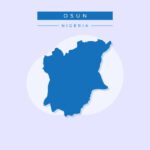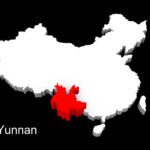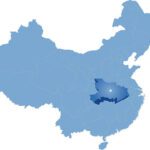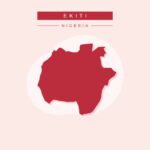Including This Report in the State of Family Project
While this report predates the official launch of the State of Family Project by Marriage and Family Review (MFR), we’re excited to include it on our interactive map. Here’s why:
-
Alignment with Project Goals: This report, published by MFR, delves into a key aspect of family life, echoing the project’s aim to provide comprehensive insights into contemporary families. Its inclusion enriches the project’s scope and historical context.
-
Honoring MFR’s Legacy: MFR has a long and distinguished history of publishing research on families. Including this report pays homage to that legacy and acknowledges the significant contributions MFR has made to the field.
-
Valuable Knowledge: Regardless of publication date, the report offers valuable knowledge and insights that resonate with the project’s goals. Sharing it on the map ensures wider accessibility and fosters meaningful conversations about families.
We encourage you to explore the report’s abstract and full article linked below:
https://doi.org/10.1300/J002v23n01_03
Abstract
The development of social scientific investigation in Kuwait falls into the pre-oil and post-oil periods. During the pre-oil period, research was largely historical and local. Following the dis- covery of oil, Kuwaiti society captured the interest of investigators from outside Kuwait. The study of family was seen as a minor area of social science, but was supported by various Kuwaiti institutions. Prominent in the literature on family in Kuwait are studies of aging, the phenomenon of expatriate housemaids, womens studies, and child development studies. This review concludes with the sugges- tion that family research in Kuwait is at the threshold of theoretical development. The next step is to improve the quality of research methods in order to build sound theory.
https://doi.org/10.1300/J002v23n01_03
By incorporating this report, we demonstrate the State of Family Project’s commitment to comprehensiveness, historical awareness, and the pursuit of knowledge that benefits families and communities.
This report was published by: Fahed Al-Naser





